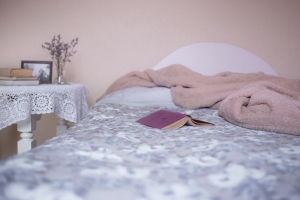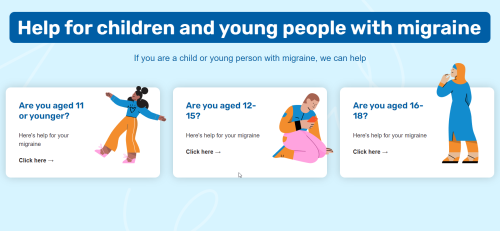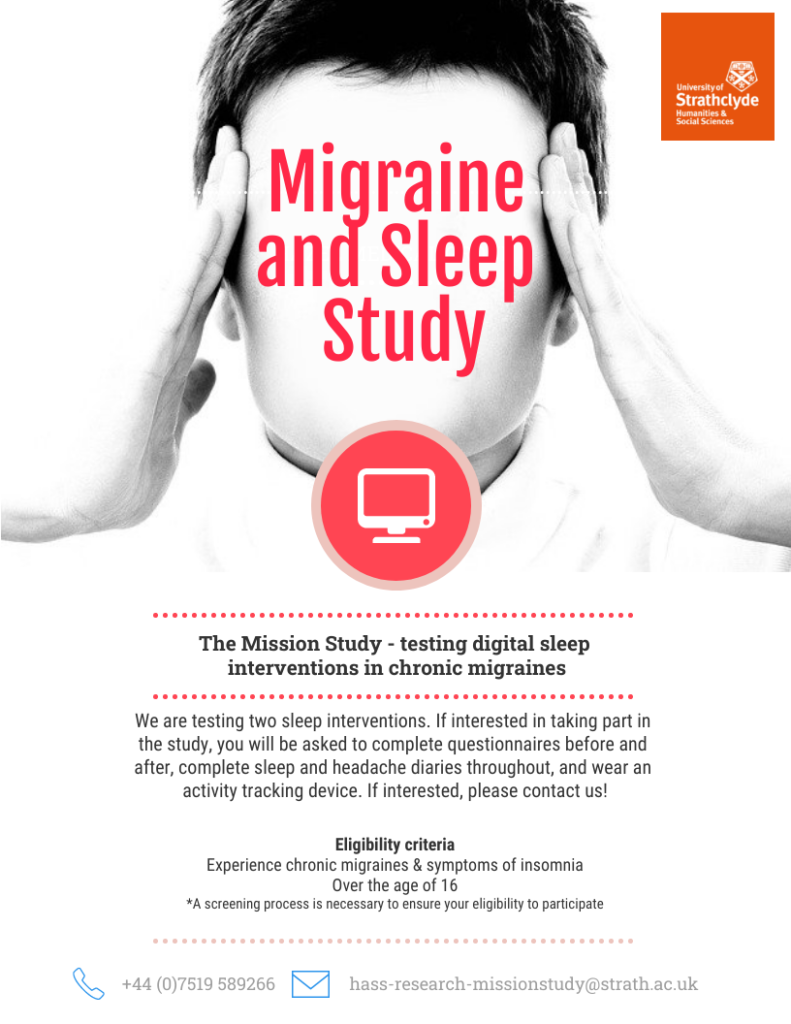More on Melatonin for Migraine (and a recipe thrown in)
Last month a meta-study was published in the Journal of Oral & Facial Pain and Headache, focusing on the use of melatonin supplements for migraine. The results are pretty encouraging for a supplement that is generally considered safe in small doses.

The helpful thing about this new study is that it didn’t just evaluate if melatonin “helped”, but it got specific into the “how”. Researchers found the following benefits:
- Less frequent migraine attacks
- Shorter migraine attacks
- Less severe migraine attacks
- Less use of “painkillers”
Why exactly melatonin works so well is not entirely understood. Obviously, if melatonin helps you sleep, improved sleep will certainly help fight migraine. But there may be more to it than that.
Melatonin is also an antioxidant, which may provide a number of benefits. Headache researchers have especially honed in on the anti-inflammatory powers of melatonin. More recently, melatonin gained traction as part of the COVID-19 fighting toolbox (see for example this study).
Melatonin is, of course, produced naturally in your body. At a 2019 Migraine World Summit event, migraine expert Dr. Christine Lay provided some very helpful advice for migraine patients:
I think there are ways to promote your own melatonin. When we come home after a busy day, I encourage patients to keep their room dim. And so not to have every single light on in the house, every, you know, television going, but rather to keep the room fairly dim and to use lamp lighting, perhaps, rather than overhead lighting so our own natural melatonin will kick in. But for some patients supplements can be very effective. I think we have to be mindful as migraine patients that you’re not spending all of your money on the most expensive one but you’re not buying the cheapest one because we know these things are not really mandated. We don’t know about quality control, necessarily. So you want to make sure you’re buying a good product.
The other thing I think is important: there are sometimes what we call sublingual, or melt-in-your-mouth, melatonin. I tend to tell patients to avoid those because they usually have additives in them or they may have an artificial sweetener which could then provoke a migraine attack. So they need to stick, primarily, with tablets or pills. In terms of amounts, it’s quite variable. There’s a lot of research showing that melatonin can help patients with chronic migraine, even chronic migraine people who feel like they don’t have a sleep problem. There’s something positive about melatonin. It may actually have even an antiinflammatory benefit to some degree. So melatonin can be very effective. I usually have patients start at a lower dose, perhaps three milligrams, and then work slowly to build up depending on how they tolerate it. I don’t think patients, without discussing with their doctor, should go beyond 10 milligrams because you have to be mindful of how much you’re taking. And most experts will say you need a melatonin break. It’s something that’s naturally produced in our brains by the pineal gland, and so, if you’re continually supplementing the melatonin, your brain might get used to not making its own. So you do need to take periodic breaks every few weeks or couple of months.
Dr. Christine Lay
Dr. Lay also recommends foods with melatonin, such as walnuts. (Make yourself some Morning Glory Muffins. Seriously.)
For a highly-rated melatonin without a lot of the additives that Dr. Lay talks about, try Natrol Melatonin. It’s very inexpensive right now, and has even bigger savings with Subscribe & Save. Be sure to get this particular version – Natrol has various others, such as the fast dissolve version that has additives that you’ll want to avoid.
ConsumerLabs has tested and recommends Source Naturals Time Released Melatonin, also a good price but a little more than Natrol.
More information on melatonin at the Mayo Clinic.
Read the study abstract here: Efficacy and Safety of Melatonin as Prophylaxis for Migraine in Adults: A Meta-analysis.




